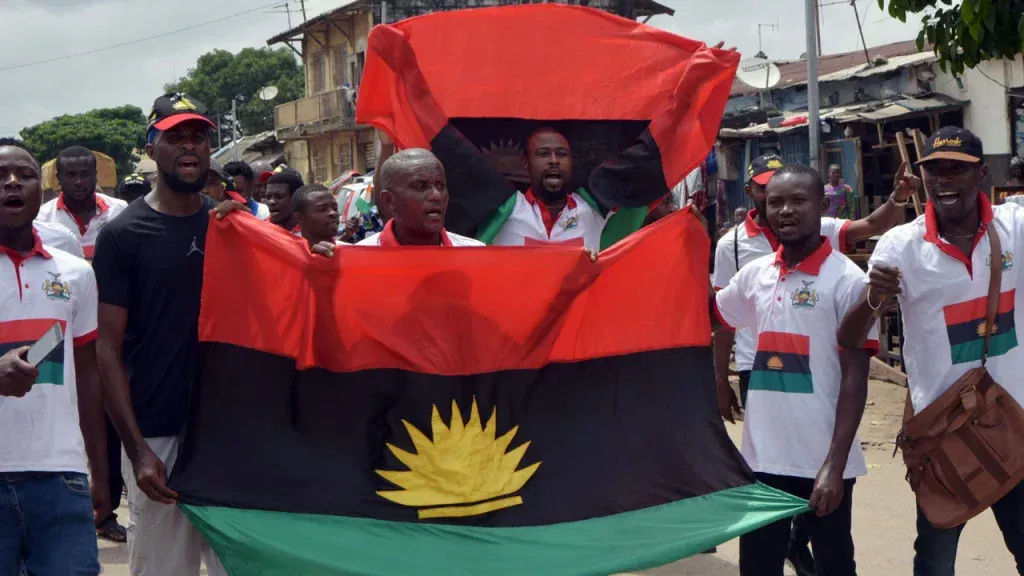Chad is facing a critical issue as the World Food Programme (WFP) warns of potential halting of assistance to over a million people, including newly arrived refugees from Sudan, due to funding constraints and escalating humanitarian needs. The UN agency expressed concerns about the possibility of ceasing aid to Chad as it grapples with a surge in displacement triggered by the crisis in the Darfur region of Sudan, marked by reports of widespread violence.
Amid the conflict between the Sudanese army and the Rapid Support Forces (RSF) since April, the situation has worsened, pushing more than 2.3 million Chadians, including 1.3 million children, into hunger. This crisis has been exacerbated by climate impacts, soaring food and fuel prices, dwindling agricultural production, and intercommunal tensions in the country. Additionally, Chad is now home to a refugee population of over a million, making it one of Africa’s largest and fastest-growing refugee populations.
Pierre Honnorat, WFP’s Country Director in Chad, emphasized the severity of the situation, stating, “It is staggering, but more Darfuris have fled to Chad in the last six months than in the preceding 20 years. We cannot let the world stand and allow our life-saving operations grind to a halt in Chad.”
The urgency of the matter was highlighted, with Mr. Honnorat stressing the critical need for support to aid the Sudanese refugees arriving with tales of harrowing violence. He cautioned that a potential suspension of assistance could lead to nutrition and instability crises, as well as further displacement.
WFP has indicated that if the funding gap is not addressed, the suspension of aid will commence in December, impacting internally displaced people and refugees from Nigeria, Central African Republic, and Cameroon. Subsequently, the aid suspension will extend to 1.4 million people across Chad in January, including new arrivals from Sudan.
To sustain its operations over the next six months, the UN agency is seeking $185 million in funding. The situation in Chad is at a critical juncture, requiring swift action to avert a humanitarian catastrophe.



